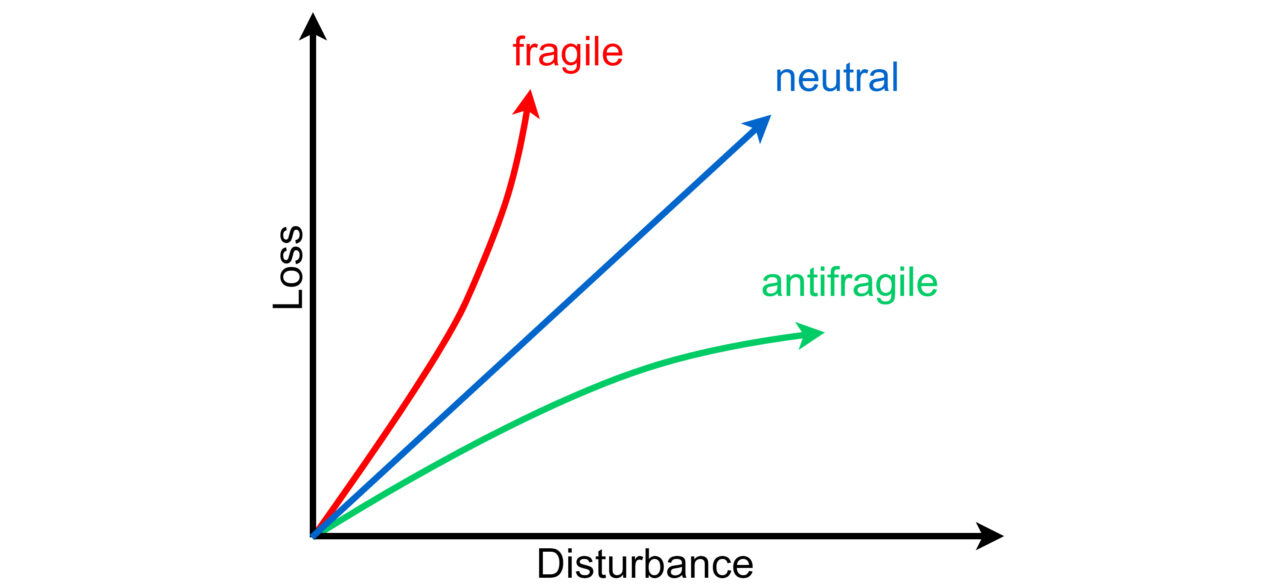
Explore the future of urban mobility with ETH Zürich’s Antigones project. Pioneering antifragility in traffic control, it transcends resilience, adapting to disruptions for efficient and disruption-resistant road networks. Antifragile frameworks can recognize early disruptions and mitigate the negative impact on users and society.
Road transportation networks are regulated by the simple principle of supply and demand. People and goods use the existing infrastructure to travel from one place to another. However, problems arise when demand exceeds capacity at a given time and place. This can lead to conflicts, exponentially increasing travel times, and externalities that have a significant socioeconomic cost. Examples of these externalities include traffic congestion, air pollution, noise, and high energy consumption.
Traffic engineers develop robust frameworks on the supply side to handle the heterogeneity and conflicts of different actors, with the goal of minimizing users‘ travel time and keeping operations close to capacity to maintain efficiency. However, many existing solutions do not account for large disruptions that may occur due to weather, major public events, severe accidents, or road works. These incidents can sharply disrupt operations and drive the system to a point where it is very challenging to maintain resilience.
It has been observed that under significant disruptions, the system’s performance degradation accelerates, leading to exponentially increasing travel times and oversaturated traffic conditions.
The Antigones project aims to apply the concept of antifragility to better design traffic control strategies for urban road networks. Antifragility goes beyond robustness and resilience to represent a system’s ability to not only withstand stressors, shocks, and volatility, but also be efficient and enhance performance in the presence of such adversarial events (see image).
By monitoring the traffic state evolution, we can identify the acceleration phases mentioned above and learn. By fusing this information into the control design through tools such as reinforcement learning with tailored state monitoring and rewarding, we can timely update the control strategy as well as intervene and prevent the system from reaching a jam state.
We aim to prove that antifragile frameworks can recognize early disruptions and mitigate the negative impact on users and society, preventing undesirable losses.
 Michail A. Makridis is a Senior Research Scientist and Deputy Director of the Traffic Engineering group (SVT) of ETH Zürich, Switzerland. Before, he was the scientific responsible for the Traffic Modeling Group of the Sustainable Transport Unit at the Joint Research Centre (JRC) of the European Commission (EC). He holds a Ph.D. in Computer Vision from the Democritus University of Thrace, Greece. His interests are in Traffic Flow, Management, and Control for future Intelligent Transportation Systems in the presence of Connected and Automated Vehicles. In 2022, he received the JRC Annual Awards on Excellence in Research from the EC. He is a member of IEEE
Michail A. Makridis is a Senior Research Scientist and Deputy Director of the Traffic Engineering group (SVT) of ETH Zürich, Switzerland. Before, he was the scientific responsible for the Traffic Modeling Group of the Sustainable Transport Unit at the Joint Research Centre (JRC) of the European Commission (EC). He holds a Ph.D. in Computer Vision from the Democritus University of Thrace, Greece. His interests are in Traffic Flow, Management, and Control for future Intelligent Transportation Systems in the presence of Connected and Automated Vehicles. In 2022, he received the JRC Annual Awards on Excellence in Research from the EC. He is a member of IEEE
